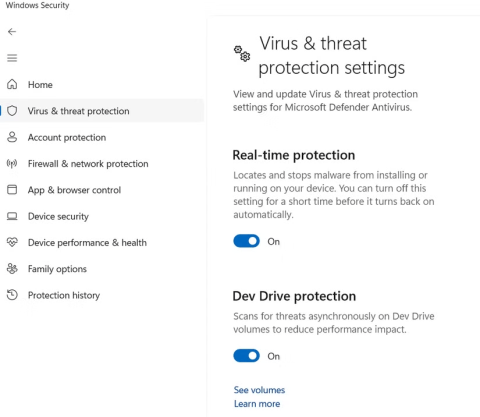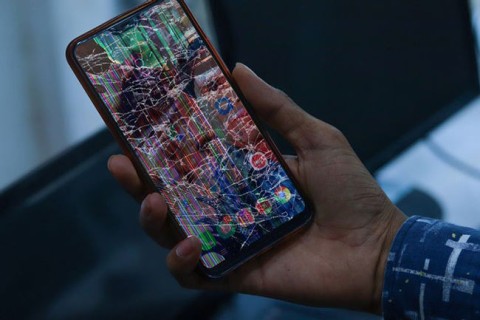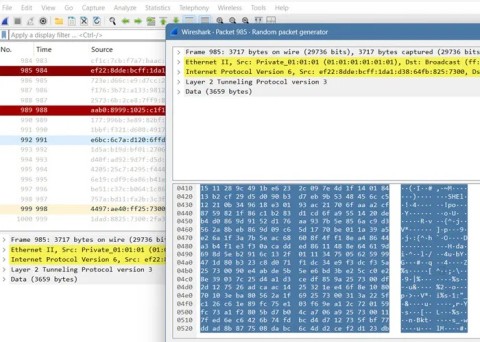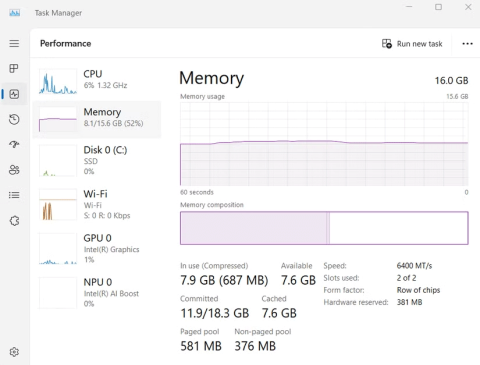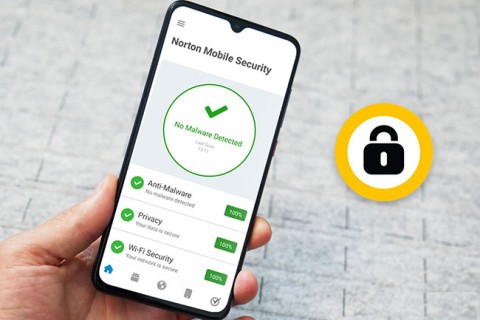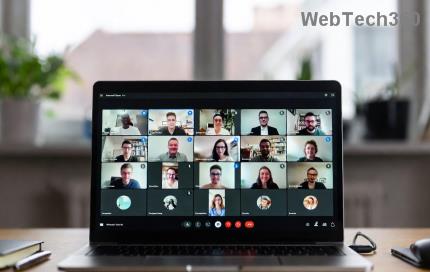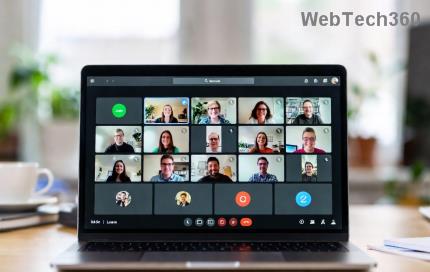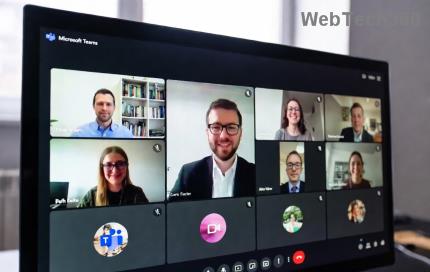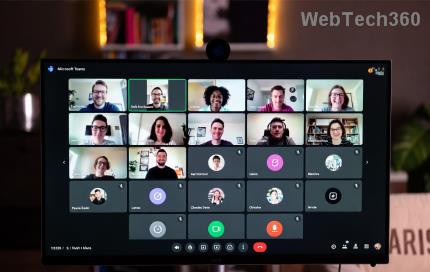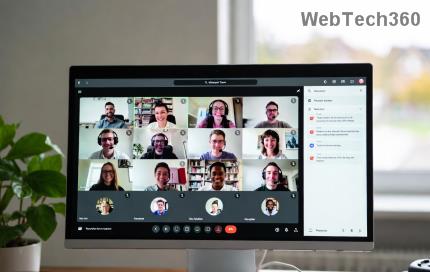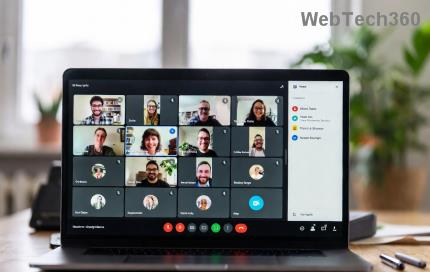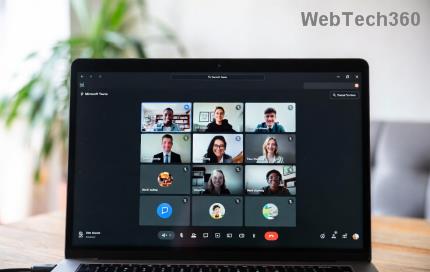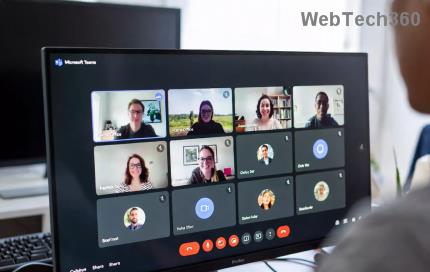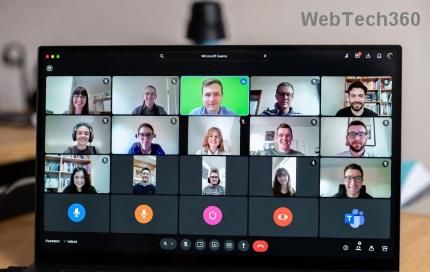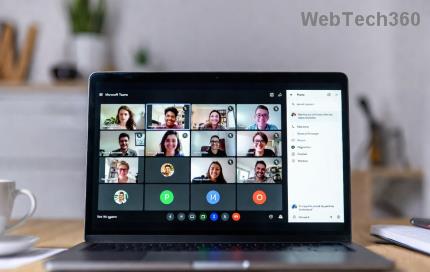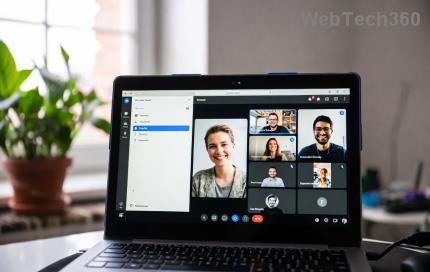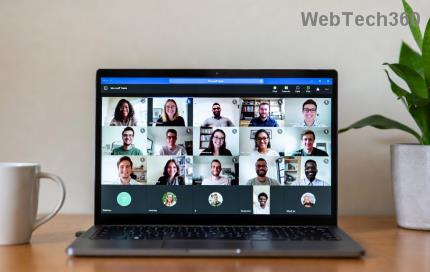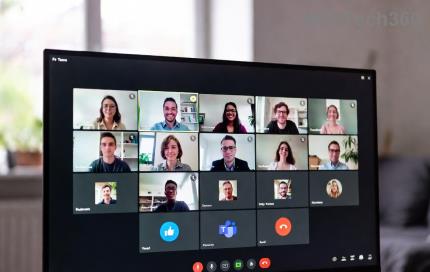How to Compare Antivirus Software Before Downloading
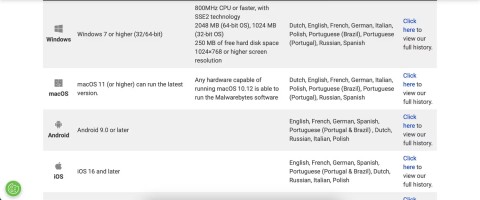
Choosing the right antivirus software is important, but figuring out which antivirus to use is not easy. There are many options, each claiming to be the best.
Antivirus software is very familiar to computer users, especially when online fraud is becoming more and more popular.
There was a time when computer software was considered a must for Vietnamese users. Many people spent a lot of money to buy official software or, if they did not have enough money, they turned to pirated versions.
But as technology advances, is antivirus software really necessary and should we pay for it?
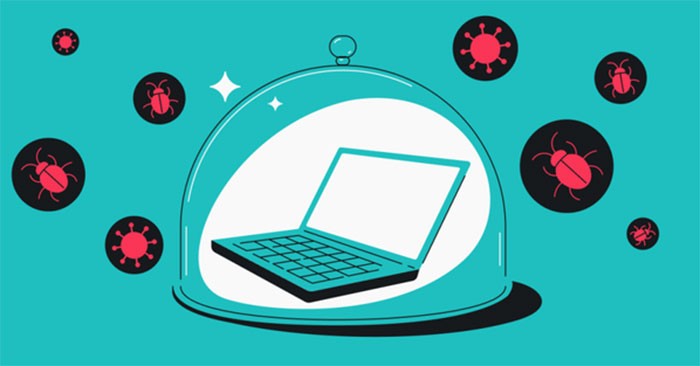
May not be necessary
Security.org recently conducted a survey, which found that about 54% of Americans use the default antivirus protection software that comes with their devices (Microsoft Defender Antivirus is available on Windows computers), while 46% use third-party antivirus programs.
However, just over half of those who install third-party protection pay for it, with those over 65 twice as likely to use third-party antivirus software and pay for it as those under 45.
This is because antivirus software is something they have been using for years, not because older people tend to be more cautious and safe. In fact, paying for it simply gives them peace of mind, not because the protection software is necessary.
According to ZDNet expert Ed Bott, paying for antivirus software is actually a big waste of money.
Compared to 10-20 years ago, today's security technology is very different. Whether it's a computer or a phone, there is a default protection mode that is enough to provide the same level of safety as third-party antivirus software, so paying for antivirus software is not necessary.
On mobile devices (iOS or Android), the app is strictly monitored through the app store.
Windows also comes with Microsoft Defender Antivirus, which regularly passes tests from third-party testing units to measure security effectiveness.
We are much safer than before.
In the early 21st century, most malware arrived on computers as email attachments or over the network.
Today, the propagation routes are closed, automatic updates protect against newly discovered vulnerabilities, all types of executable attachments, including script-based ones, are blocked.
Modern, fully patched consumer PCs are no longer the primary target for the criminal gangs behind modern malware. They are targeting businesses, using vulnerabilities in third-party software rather than in the operating system itself.
ZDNet recommends that Microsoft Defender is enough for the average user, paying for Norton, McAfee or Kaspersky is no longer necessary.
Of course, if you work in a sensitive field and have important information, it is necessary to install additional advanced protection measures for the best security effect.
Choosing the right antivirus software is important, but figuring out which antivirus to use is not easy. There are many options, each claiming to be the best.
Luckily, there are a few antivirus tricks you can use to speed up the virus scanning process.
The most common way to prevent Android malware is to use an antivirus app. But are antivirus apps really necessary? Do they protect your Android device from malware?
Nowadays, free wifi networks are installed everywhere, from coffee shops, amusement parks, shopping malls, etc. This is very convenient for us users to be able to connect to the network everywhere to surf Facebook and work. However, is using free wifi safe?
Antivirus software helps protect your computer from virus attacks. However, do these antivirus software really slow down your computer? Please refer to the article below from WebTech360.
The best antivirus software for Android, help Android phones, tablets get rid of viruses, malware fastest. Below, we will provide you with the best antivirus software for Android devices, the latest update at the beginning of this year.
Apart from AVG AntiVirus FREE, Avira Free Antivirus is one of the reliable security options for computers. But compared to Avast Free Antivirus, which tool is more powerful?
Avast Free Antivirus is a free antivirus software. With full antivirus and protect your computer in the most powerful and safe way. However, removing this tool is also quite a conundrum
Struggling with Microsoft Teams "Disabled Error" or Account Blocked? Discover step-by-step fixes, common causes, and prevention tips to get back online instantly. No tech skills needed!
Struggling with Microsoft Teams "Network Error" on Wi-Fi? Discover step-by-step fixes for solving Microsoft Teams Network Error on Wi-Fi, from cache clearing to DNS tweaks. Get back to seamless calls now!
Struggling with Microsoft Teams "Joining Error" via link? Discover quick, step-by-step troubleshooting fixes for smooth meeting joins. Updated with the latest solutions for desktop, web, and mobile.
Frustrated by Microsoft Teams "MS Team Error" 2026? Discover proven, step-by-step solutions to get back online instantly. Latest 2026 updates included for seamless fixes.
Struggling with Microsoft Teams "Loading Error" infinite loop? Follow our expert, step-by-step guide to fix it quickly. Clear cache, update app, and more for seamless teamwork. Works on Windows, Mac & web.
Struggling with Microsoft Teams "Chat Error" not sending messages? Discover step-by-step fixes for the latest Teams issues, from cache clearing to network tweaks. Get back to chatting seamlessly in minutes!
Tired of Microsoft Teams "Meet" joining error blocking your meetings? Discover proven, step-by-step fixes to resolve Microsoft Teams Meet joining issues quickly and get back to seamless collaboration. Updated with the latest troubleshooting tips.
Struggling with Microsoft Teams "Installation Has Failed" on Windows 11? Follow our step-by-step troubleshooting guide with proven fixes, from clearing cache to advanced repairs, to resolve the error quickly and painlessly. Get Teams running smoothly today!
Tired of Microsoft Teams Breakout Rooms not showing up? Follow our ultimate guide with step-by-step fixes, troubleshooting tips, and prevention strategies to get breakout rooms working seamlessly for productive meetings.
Tired of Microsoft Teams shortcut error blocking your workflow? Learn proven steps to solve Microsoft Teams shortcut error and startup crashes for smooth collaboration. Quick, easy fixes inside!
Struggling with Microsoft Teams "Planner Error" in channels? Discover proven, step-by-step solutions to resolve it quickly and restore seamless collaboration. No tech skills needed!
Discover how to set up Microsoft Teams for school and education effortlessly. Get free access, create classes, assignments, and meetings with our ultimate guide for teachers and students. Boost learning today!
Discover how to use Microsoft Teams Whiteboard in 2026 with this complete guide. Learn access methods, AI-powered features, step-by-step tutorials, and pro tips for seamless collaboration in virtual meetings. Boost productivity today!
Stuck with Microsoft Teams errors? Get step-by-step fixes for crashes, sign-in failures, audio glitches, and more. Proven solutions to resolve general Teams issues fast and frustration-free.
Stuck with Microsoft Teams Wiki not loading error? This ultimate troubleshooting guide delivers quick, step-by-step solutions to fix the issue fast and restore seamless collaboration.
